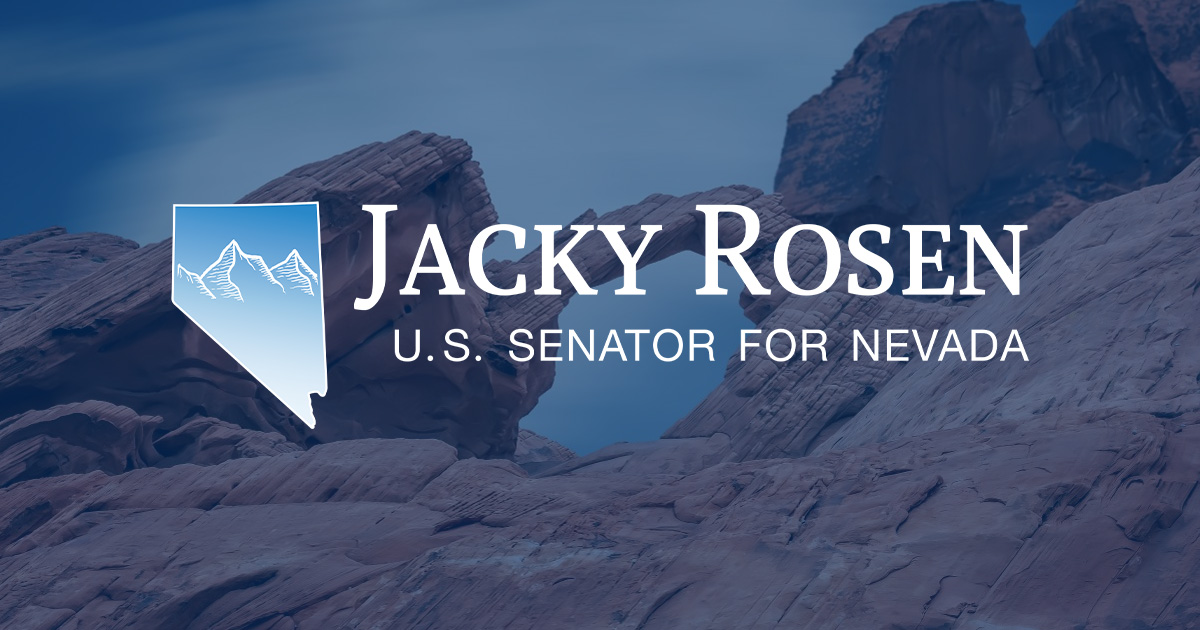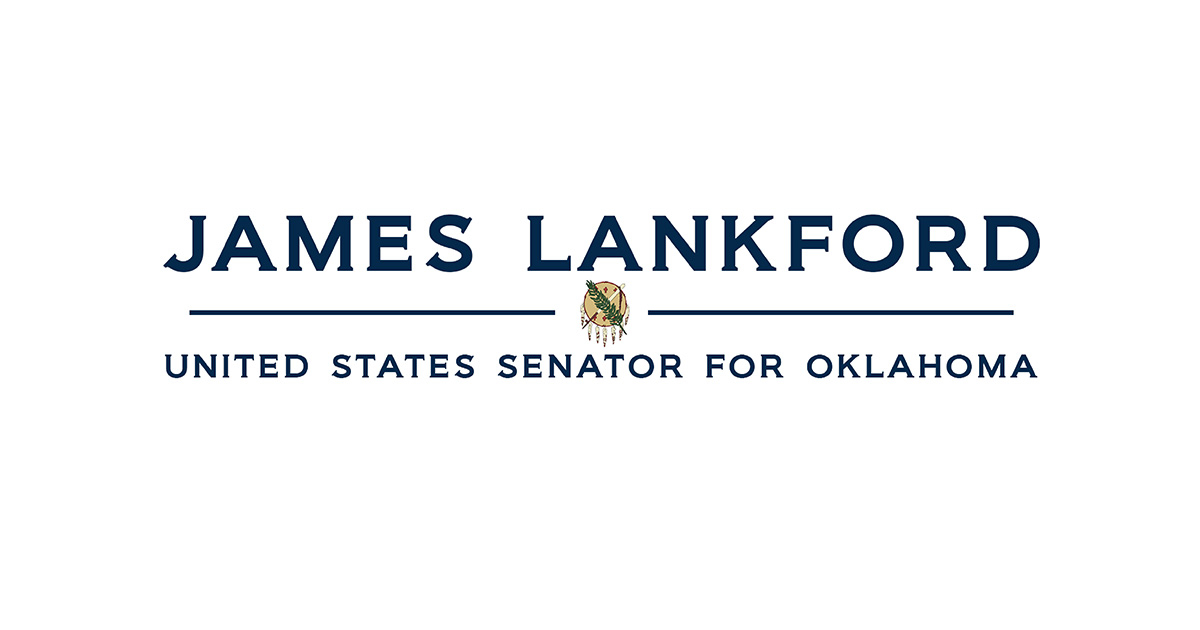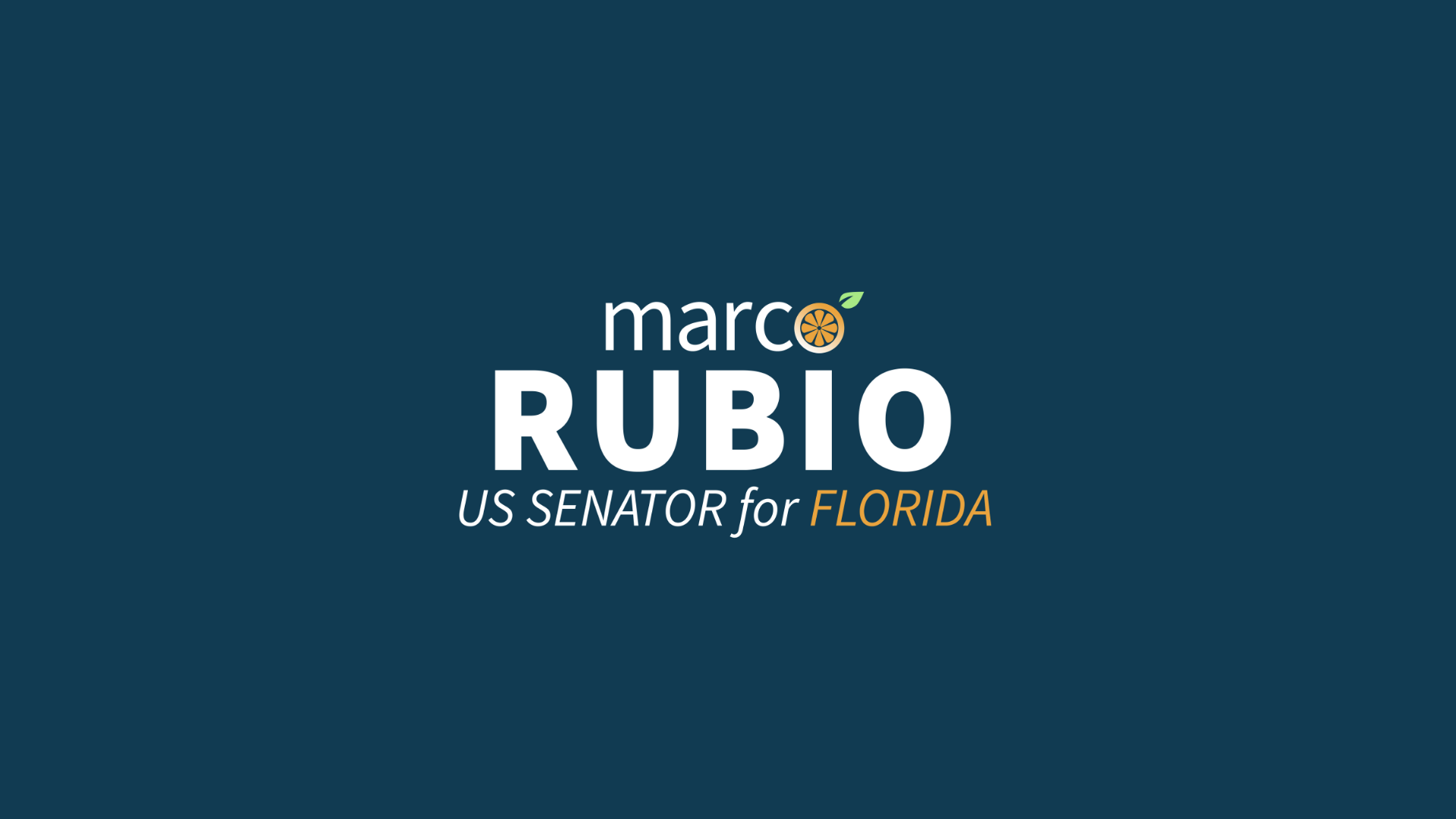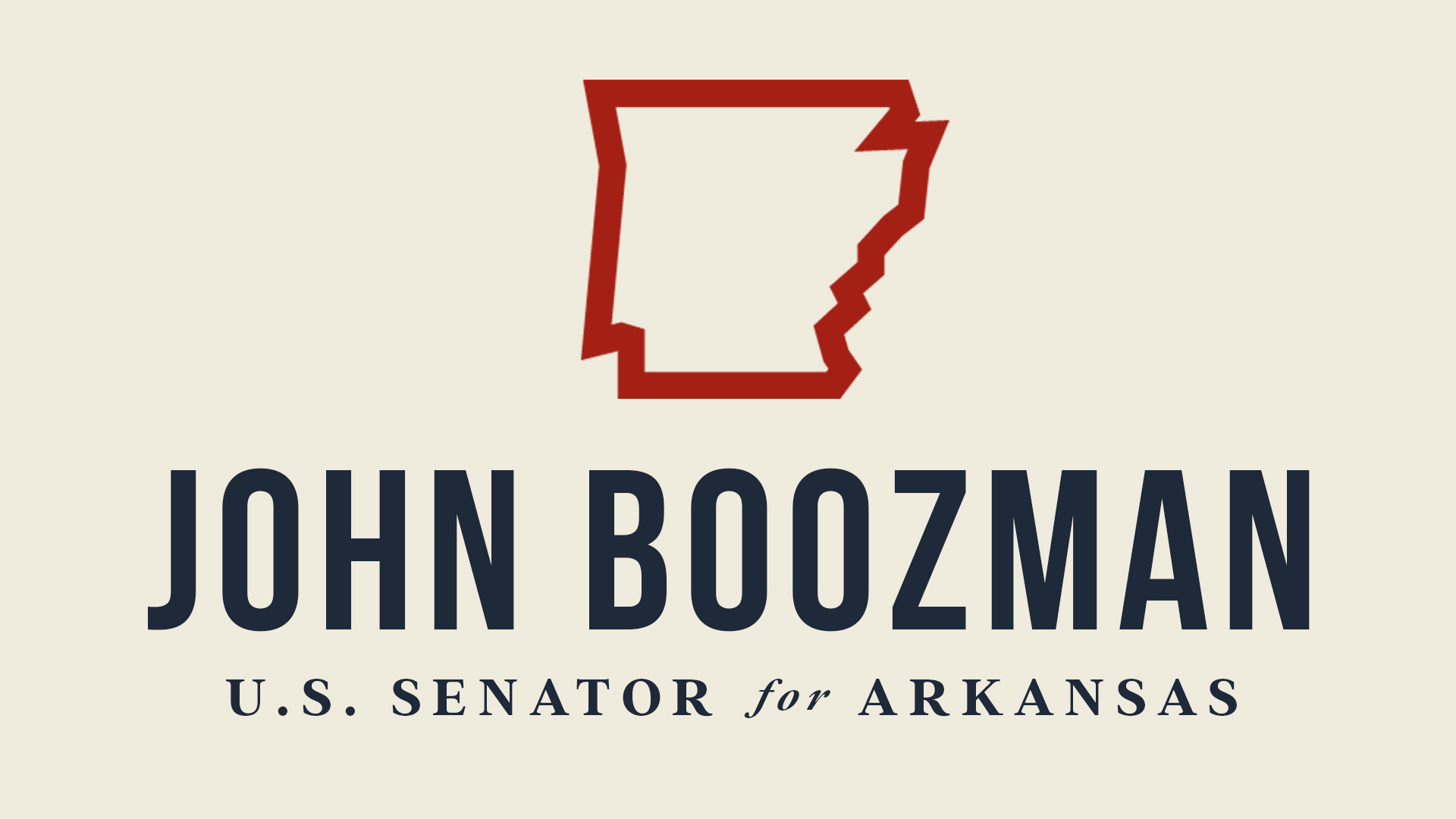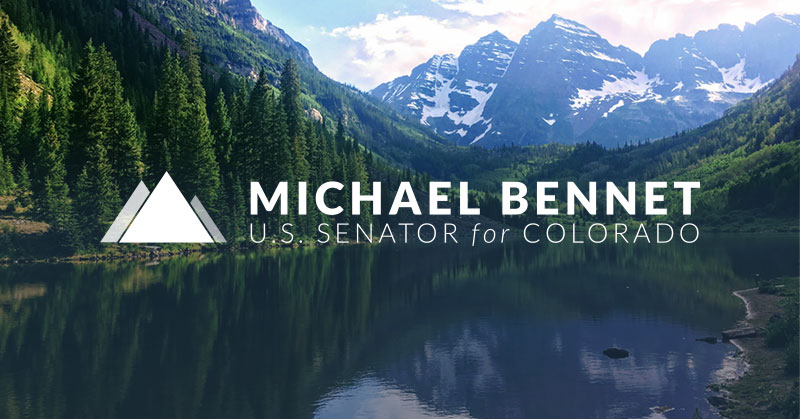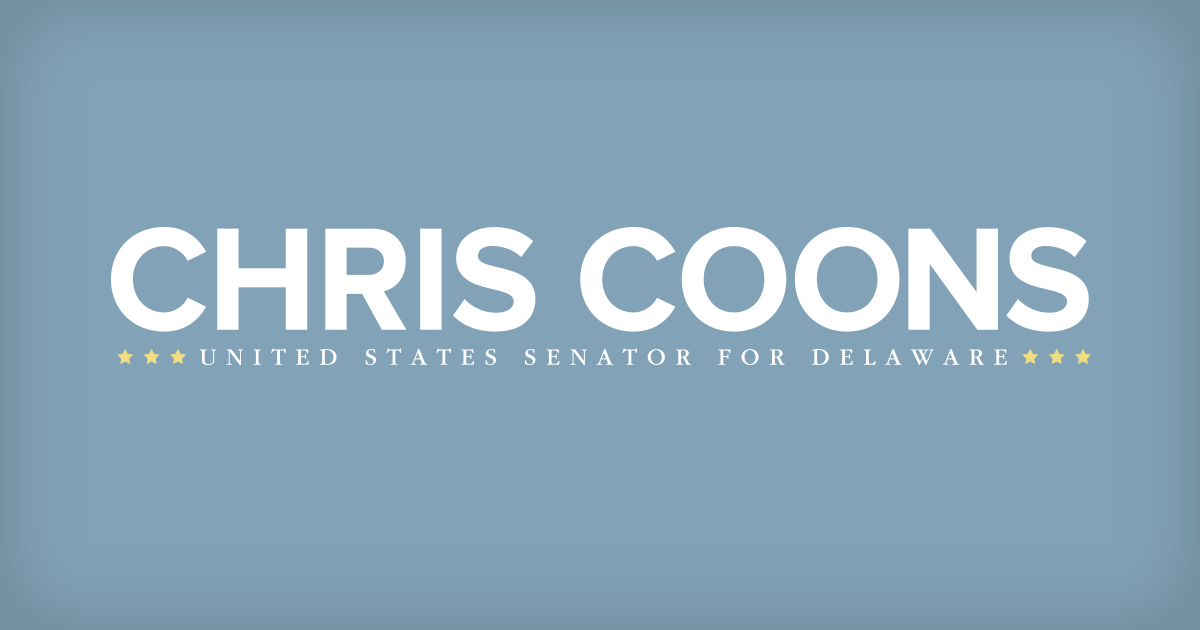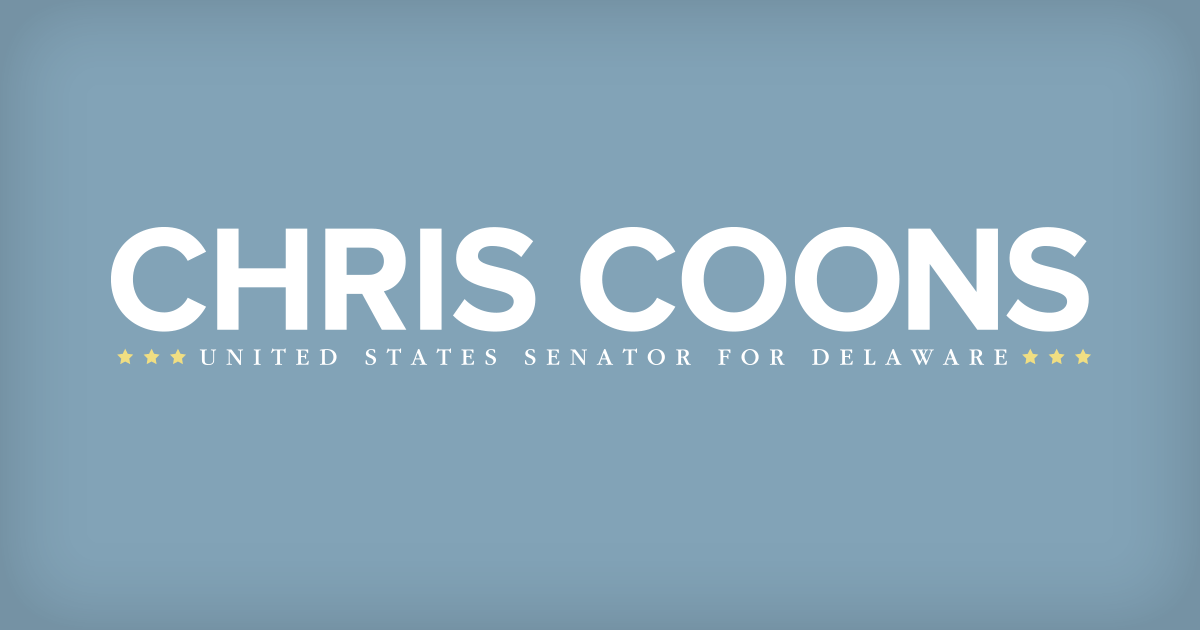Source: United States Senator Jacky Rosen (D-NV)
WASHINGTON, D.C. – Today, U.S. Senators Jacky Rosen (D-NV) and James Lankford (R-OK), co-founders and co-chairs of the Senate Bipartisan Task Force for Combating Antisemitism, led a group of 56 Senators – representing over half the Senate – in announcing the re-launch of the Task Force. First launched in 2019, the collaboration is the first of its kind in the United States Senate, serving as a corollary to the House of Representative’s Bipartisan Task Force for Combating Antisemitism.
“As antisemitism surges in the United States and around the world, we must do all that we can to put a stop to these hateful actions. In recent weeks, we’ve seen attacks on Jewish communities and Jewish-owned places of business and foreign leaders who have invoked antisemitic conspiracies. With studies showing that a majority of young Americans lack basic knowledge about the Holocaust, we have a duty to act now,” said Senator Rosen. “As Members of Congress, our responsibility to our neighbors, our friends, our community, and our children is to work together in a bipartisan way to prevent antisemitism before it starts, and to call it out when it happens. We are proud to re-launch this bipartisan Task Force once again with a total of 56 United States Senators – equally divided by party – as we continue to combat antisemitism by educating and empowering our communities.”
“Antisemitism remains a significant threat to our Jewish friends and neighbors. Senator Rosen and I and our fellow Task Force members are taking action. Antisemitism cannot continue to escalate, as we’ve seen in recent months and years both here and abroad,” said Senator Lankford. “I hope to welcome even more of our colleagues into the Task Force to call out instances of antisemitism where we see them, so when we say, ‘never again,’ we can demonstrate that we mean it.”
BACKGROUND: In 2019, Senators Rosen and Lankford launched the Senate Bipartisan Task Force for Combating Antisemitism. Last Congress, the Task Force had 38 Members.
The Task Force now includes 56 Senators, with an equal number of Democrats and Republicans: Senators Michael Bennet (D-CO), Marsha Blackburn (R-TN), Richard Blumenthal (D-CT), Roy Blunt (R-MO), Cory Booker (D-NJ), John Boozman (R-AR), Mike Braun (R-IN), Maria Cantwell (D-WA), Shelley Moore Capito (R-WV), Ben Cardin (D-MD), Tom Carper (D-DE), Bob Casey (D-PA), Bill Cassidy (R-LA), Susan Collins (R-ME), Chris Coons (D-DE), John Cornyn (R-TX), Catherine Cortez Masto (D-NV), Tom Cotton (R-AR), Kevin Cramer (R-ND), Mike Crapo (R-ID), Steve Daines (R-MT), Joni Ernst (R-IA), Dianne Feinstein (D-CA), Kirsten Gillibrand (D-NY), Maggie Hassan (D-NH), John Hickenlooper (D-CO), Cindy Hyde-Smith (R-MS), Tim Kaine (D-VA), Mark Kelly (D-AZ), James Lankford (R-OK), Ben Ray Lujan (D-NM), Ed Markey (D-MA), Jerry Moran (R-KS), Lisa Murkowski (R-AK), Jon Ossoff (D-GA), Alex Padilla (D-CA), Gary Peters (D-MI), Rob Portman (R-OH), James Risch (R-ID), Mitt Romney (R-UT), Jacky Rosen (D-NV), Mike Rounds (R-SD), Marco Rubio (R-FL), Brian Schatz (D-HI), Tim Scott (R-SC), Todd Young (R-IN), Jeanne Shaheen (D-NH), Kyrsten Sinema (D-AZ), Dan Sullivan (R-AK), Jon Tester (D-MT), John Thune (R-SD), Chris Van Hollen (D-MD), Mark Warner (D-VA), Raphael Warnock (D-GA), Roger Wicker (R-MS), and Todd Young (R-IN).
Last month, Senators Rosen and Lankford introduced a bipartisan resolution condemning recent antisemitic incidents in the United States and around the world. The Senators’ resolution also calls on leaders to denounce antisemitism and take specific steps to address and prevent it. The resolution is now co-sponsored by 68 Senators – evenly divided by party – representing more than two-thirds of the U.S. Senate.
Senator Rosen holds the distinction of being the third female Jewish Senator in U.S. history, as well as the first former synagogue president to serve in the United States Senate.
###
